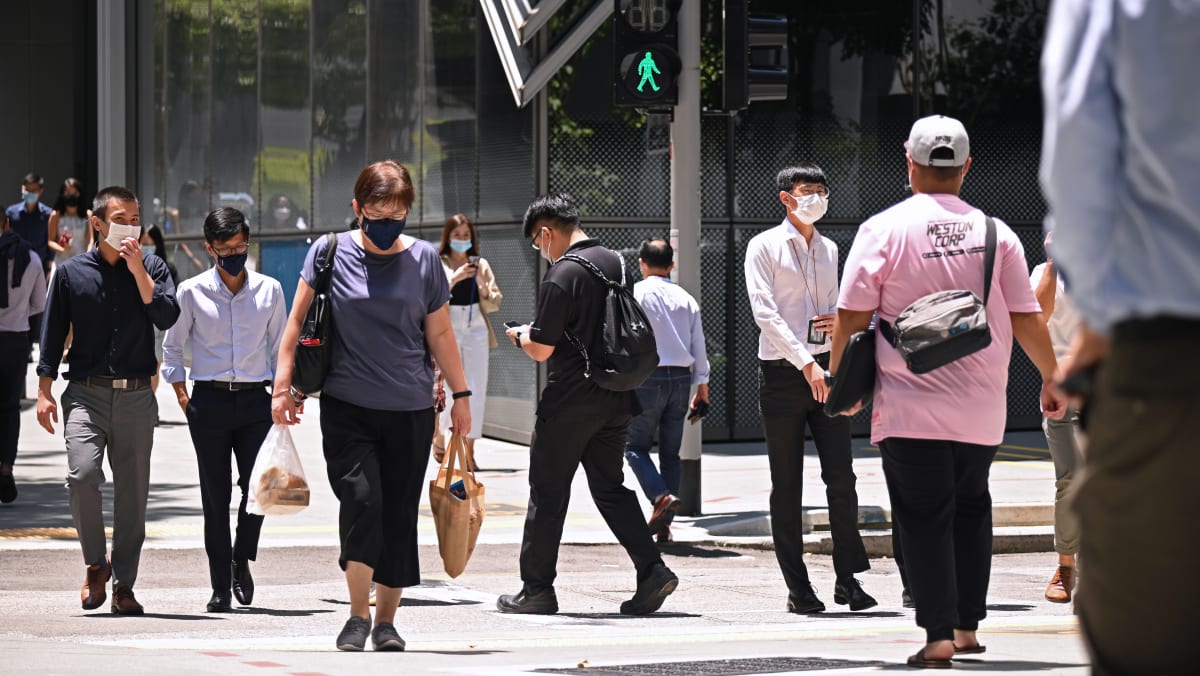
More importantly, Singapore’s courts require employers to show that its non-compete clauses are legitimate and reasonable based on clear principles set out.
“The starting point is that these clauses are prima facie unenforceable,” said Ms Muntaz, adding that the courts “apply a strict test” to see if the company can meet these principles.
For instance, such clauses can only be enforced if they serve to protect a legitimate business interest and the scope is reasonable to the interests of both the parties and the public.
Some factors used to examine reasonableness include the scope of employees, activities and geography that comes under the restrictions.
As an example, a non-compete clause may be viewed as unreasonable if it applies to all employees, regardless of seniority, the nature of work or access to confidential information, said JCP Law’s director Jeremy Cheong.
He added that employers generally face “several hurdles” when it comes to proving the enforceability of non-compete clauses.
“If they are seeking compensation, they will have to show what they have lost from an employee joining a competitor and it’s not easy to prove that,” said Mr Cheong.
“If they are seeking an injunction to stop the employee from working for a competitor, it also depends on when the employer found out. Let’s say they found out two years later then an injunction is clearly out of the question.
“So these are some of the practical realities that must be considered, which is why I don’t think (the authorities) are seriously considering having a need to expressly ban these clauses,” he added.
RECOMMENDATIONS FOR GUIDELINES
The guidelines that authorities are currently working out will have no legal powers, although Mr Cheong noted the “unique situation” in Singapore where employers tend to be “very respectful” of non-binding advisories.
As a start, Ms Muntaz said it would be good for the guidelines to recommend that employers consider making fair payment to employees during the time a non-compete clause is imposed or being negotiated.
Ms Tsin suggested some guidance on the maximum duration of an enforceable restrictive covenant.
The guidelines could also include “broad guidance” on the categories of employees who should not be subject to restrictive covenants. These could be rank-and-file workers or employees with no access to confidential information or not in a position to influence customers and suppliers, she said.
MOM and TAFEP noted that employment contracts with fair and clear employment terms can serve to protect both the employer and employee. They also help build trust between both parties.
Apart from including key employment terms such as working hours and basic salary in a contract, employers are encouraged to explain these terms in a clear manner and provide opportunities to clarify any doubts.
Employees should also read their employment contracts thoroughly, ensure they understand all contractual terms before signing and seek clarifications when in doubt, the spokespersons said.
“Employers and employees are encouraged to visit TAFEP’s website for more information about fair employment contracts, or contact TAFEP for advice and assistance,” they added. “Unionised employees who face issues with unreasonable contractual clauses may also approach their unions for assistance.”

